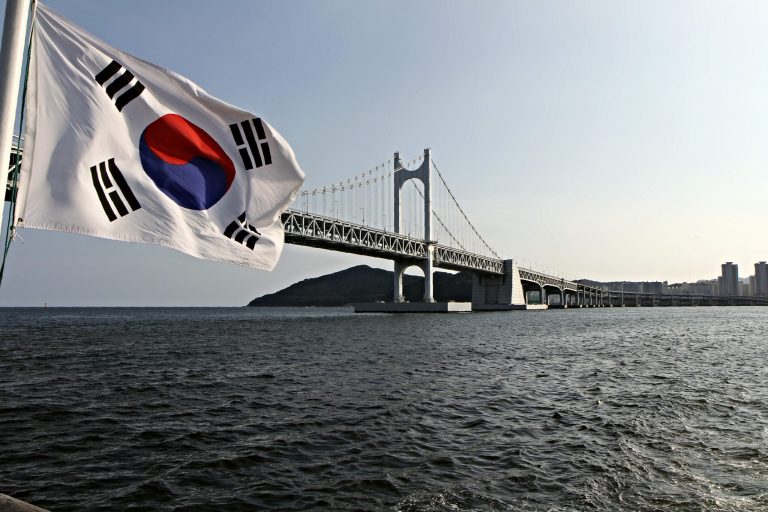South Korea’s stock market faced a turbulent 2024, with the benchmark Kospi index declining over 7%.
This significant underperformance compared to other regional markets has underscored the widening of the “Korea discount,” a long-standing issue tied to concerns over corporate governance and shareholder influence in chaebol-dominated industries.
According to a report by CNBC, the recent political turmoil is likely to deepen this trend.
The country’s “Corporate Value-Up” program, launched in February to address the “Korea discount,” has failed to stem investor concerns about weak corporate governance in its chaebol-dominated economy.
As of December 12, the Kospi’s price-to-book ratio stood at 0.86, and its price-to-earnings ratio at 13.65—both metrics showing declines from a year earlier.
For comparison, Japan’s Nikkei 225 index, which has benefited from similar reforms, boasts a price-to-book ratio of 1.44 and a price-to-earnings ratio of 15.90.
While Japan’s equity markets surged due to successful policy implementation, South Korea has lagged behind, leaving investors skeptical of its ability to bridge the valuation gap.
Political upheaval amplifies investor concerns
Political turmoil has exacerbated the situation.
On December 3, President Yoon Suk Yeol briefly imposed martial law before revoking it within hours, triggering widespread uncertainty and a rise in the risk premium for Korean assets.
The Kospi has underperformed the MSCI Asia ex-Japan index by 2.3 percentage points since the incident, signalling deteriorating investor confidence.
The political instability has also cast doubt on the future of the “Value-Up” reforms.
The attempt at martial law has sent the risk premium for Korean assets higher, thereby dealing a setback to the “Value-Up Program,” Vishnu Varathan, managing director and head of macro research for Asia ex-Japan at Mizuho Securities said in a Dec. 10 note.
President Yoon narrowly avoided an impeachment vote last weekend after members of his ruling People’s Power Party walked out of parliament.
However, opposition parties have vowed to continue efforts to unseat him, adding to the ongoing uncertainty.
Governance issues rooted in chaebol dominance
South Korea’s chaebols, including Samsung, LG, SK, and Hyundai, wield outsized influence on the economy, collectively contributing nearly 40% of the country’s GDP.
While these conglomerates are crucial to South Korea’s industrial prowess, their complex shareholding structures often favour founding families at the expense of external investors, perpetuating governance concerns.
Efforts to reform chaebol practices have seen limited success.
The “Korea-Value Up Index,” introduced in September to spotlight companies adhering to the Value-Up program, has also struggled to gain traction.
The index’s price-to-book ratio of 0.99 and price-to-earnings ratio of 10.29 highlight the challenges of boosting market confidence.
“The distractions of ousting Yoon amid fragile government and fragmented politics is likely to dilute and delay policy efforts to boost equity valuations,” Varathan said, adding that the power dynamics in South Korea could tilt further in favour of large, influential conglomerates, potentially exacerbating the “Korea discount.”
Weak economic outlook prolongs challenges
Economic conditions have compounded the struggles.
A weakening Korean won, slowing exports, and reduced global demand have all weighed on South Korea’s markets.
Jeff Ng, head of Asia Macro Strategy at Sumitomo Mitsui Banking Corporation, predicts that the Korea discount will persist into 2025.
“Investor confidence may return in the medium-term, but a swift resolution of the domestic uncertainty looks unlikely at this stage,” she said.
Lorraine Tan, director of equity research for Asia at Morningstar, echoed these sentiments.
“I think the longer the leadership change takes, the more likely investors will be sidelined. President Yoon is unpopular and a peaceful transition away from his leadership would help,” she pointed out.
The post Will South Korea’s political turmoil worsen the Korea discount, compound investor woes? appeared first on Invezz

